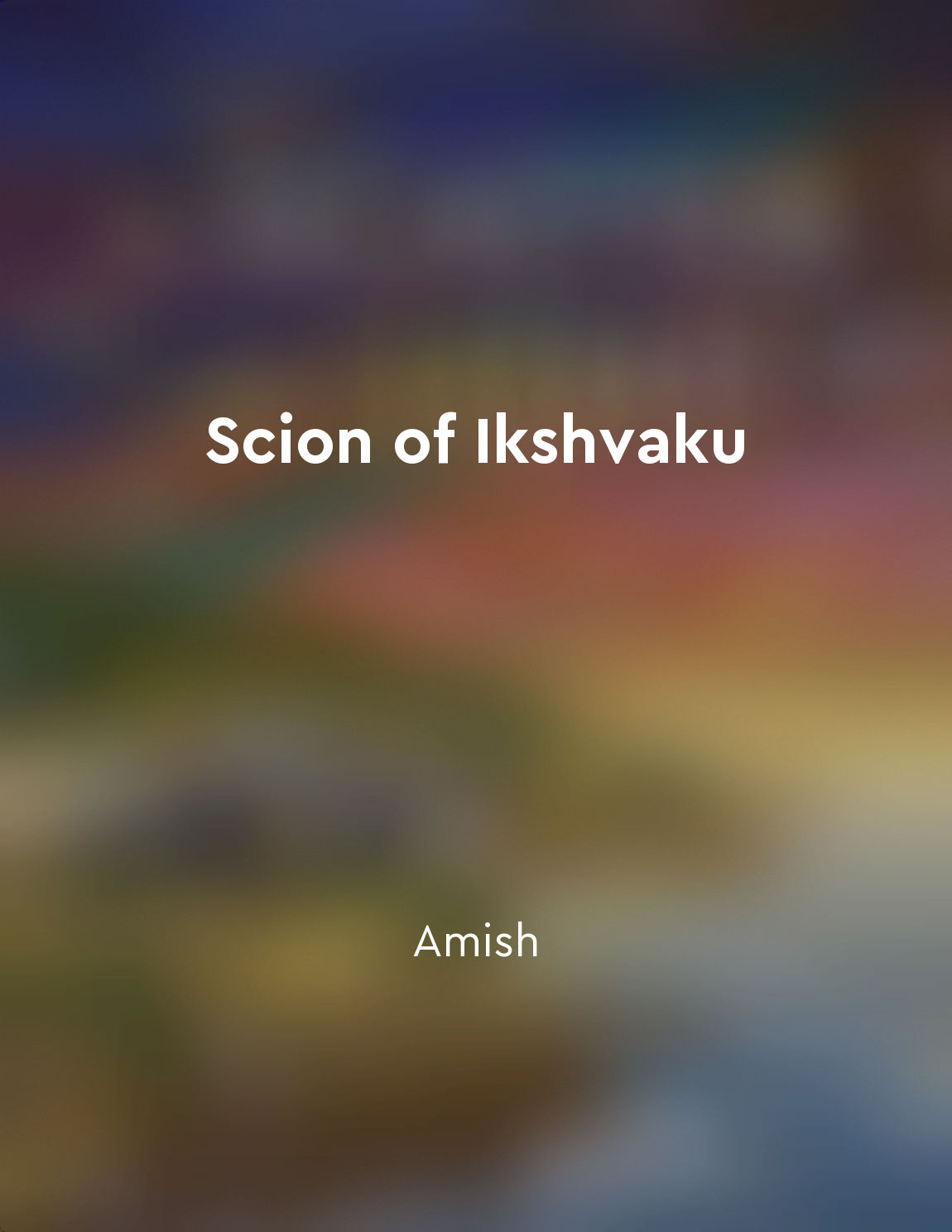The caste system creates divisions and reinforces inequalities from "summary" of Caste by Isabel Wilkerson
The caste system is a social hierarchy that categorizes people into different groups based on their birth and perceived social status. It assigns individuals to a specific place in society, determining their opportunities, privileges, and treatment by others. This rigid system creates divisions among people, separating them into distinct classes with different levels of power and resources. The caste system not only divides people into different social groups but also reinforces inequalities between them. It perpetuates the idea that certain groups are superior to others, leading to discrimination, prejudice, and oppression. Those at the top of the caste hierarchy enjoy privileges and advantages, while those at the bottom face discrimination and limited opportunities. Through a complex system of rules, rituals, and expectations, the caste system dictates how individuals should behave, interact, and perceive themselves and others. It shapes people's identities and influences their beliefs about their place in society. This system of social stratification is deeply ingrained in the cultural norms and traditions of a society, making it difficult to challenge and change. The caste system creates a hierarchical structure that is difficult to escape, trapping individuals in their assigned social status and limiting their social mobility. It restricts people's choices and opportunities based on their caste, reinforcing inequalities and perpetuating social divisions. This system of social hierarchy is not only unjust but also harmful, as it undermines the dignity and humanity of individuals and perpetuates systemic inequalities. By examining the impact of the caste system on individuals and society, we can better understand the ways in which it creates divisions and reinforces inequalities. It is important to recognize the harmful effects of this system and work towards dismantling it in order to create a more just and equitable society for all.Similar Posts
Political systems develop in response to environmental challenges
Political systems are not static entities; they evolve and adapt to changing environmental circumstances. The challenges posed ...
The Constitution establishes a federal structure
The federal structure of the Constitution of India is a key feature that defines the distribution of powers between the central...
Caste is deeply embedded in the fabric of American society
In the United States, the idea of caste may not be as overt as in India, but it is still deeply ingrained in our society. It is...

Overcoming personal desires for higher purpose
In this grand tale of the past, where our heroes walk the earth with the gods, we see a powerful lesson unfold before our very ...
Caste is a powerful and invisible framework that shapes society
The notion of caste is not a relic of the past but a living, breathing system that continues to influence the lives of individu...
The time for revolution is now
In the current socio-political context, the urgent call for revolution resonates strongly. The need for change is palpable, as ...
